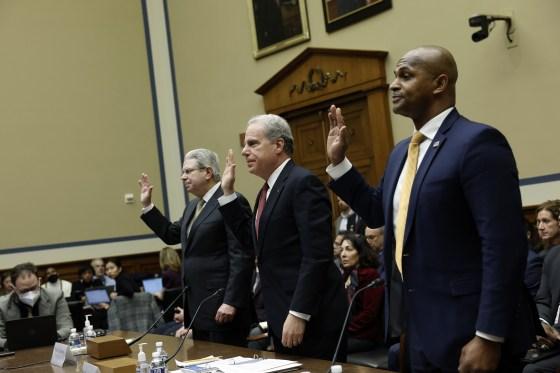In the realm of veteran care, a lifeline meant to provide hope and support is faltering. Amid ongoing concerns about the functionality of the suicide hotline run by the Department of Veterans Affairs (VA), Congress is now taking action to demand long-overdue fixes. Let’s delve into the pressing issue at hand and explore the steps being taken to address the lingering outages that threaten the well-being of those who have sacrificed so much for our nation.
Critical Need for Timely Response to Veterans in Crisis
Following a series of alarming reports regarding the failure of the Veterans Crisis Line to answer calls from individuals in distress, Congress is urging the Department of Veterans Affairs to swiftly address the ongoing issues with the hotline. The hotline, which serves as a vital resource for veterans in crisis, has been plagued by frequent outages and long wait times, leading to concerns about the effectiveness of the service.
Lawmakers are calling on the VA to implement immediate fixes to ensure that veterans in need receive the timely response and support they deserve. With the number of veterans struggling with mental health issues on the rise, it is crucial that the VA prioritize the reliability and accessibility of the Veterans Crisis Line. Swift action is needed to prevent further tragedies and ensure that veterans in crisis receive the help they urgently require.
Addressing Shortcomings in VA Suicide Hotline Services
Congress is putting pressure on the VA to address lingering issues with the suicide hotline services, particularly the frequent outages that have been affecting veterans in crisis. While the VA has made efforts to improve the hotline over the years, there are still significant shortcomings that need to be addressed to ensure that veterans have access to the support they need.
Some of the key fixes that Congress is pushing for include:
- Implementing a more reliable system to prevent hotline outages
- Increasing staffing levels to reduce wait times for callers
- Improving training for hotline staff to better assist veterans in crisis
Calls for Enhanced Training and Resources for Hotline Staff
Congress is putting pressure on the VA to address ongoing issues with the suicide hotline, as representatives call for enhanced training and resources for hotline staff. The continued outages and lack of response to calls have highlighted the urgent need for improvements to the system.
Lawmakers are urging the VA to take immediate action to ensure that those in crisis receive the support they need. Enhanced training for hotline staff, increased resources for the hotline, and improved communication protocols are all being recommended as essential steps to prevent further failures in responding to individuals in distress. It is crucial that the VA prioritize these fixes to better serve the mental health needs of our nation’s veterans.
Implementing Technology Upgrades to Improve Accessibility and Reliability
Despite efforts to improve accessibility and reliability through technology upgrades, the VA’s suicide hotline still faces lingering outages that Congress is urging to be fixed promptly. The hotline, which serves as a critical lifeline for veterans in crisis, has been plagued by technical issues that have hindered its effectiveness in providing immediate support.
Congress is calling for increased accountability and transparency from the VA to ensure that these outages are resolved swiftly and effectively. By implementing advanced technology solutions and enhancing infrastructure support, the VA can enhance the accessibility and reliability of the suicide hotline, ultimately saving lives and providing veterans with the support they desperately need during moments of crisis. It is crucial that these upgrades are prioritized and implemented without delay to prevent further disruptions to this critical service.
Future Outlook
the push for action on fixing the lingering suicides hotline outages by Congress highlights the urgent need for solutions to ensure that our veterans receive the support and care they deserve in times of crisis. It is vital that the VA addresses these issues promptly to prevent any further delays in providing crucial assistance to those in need. Let us hope that with continued pressure and advocacy, the necessary changes will be made to improve the effectiveness of the suicide hotline and ultimately save lives.


